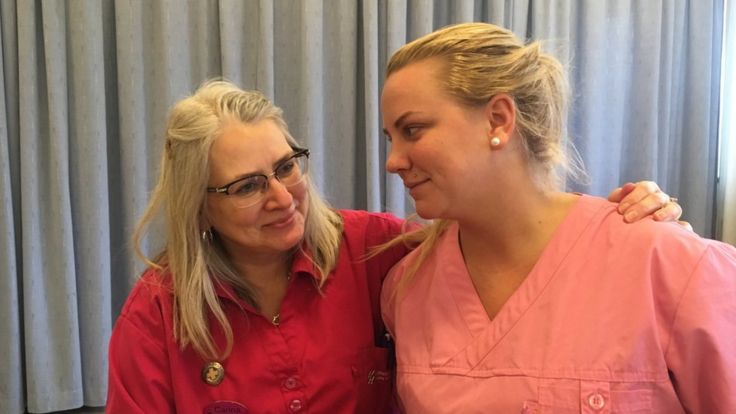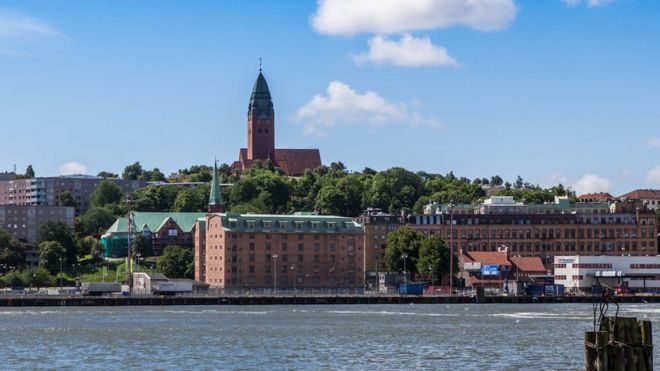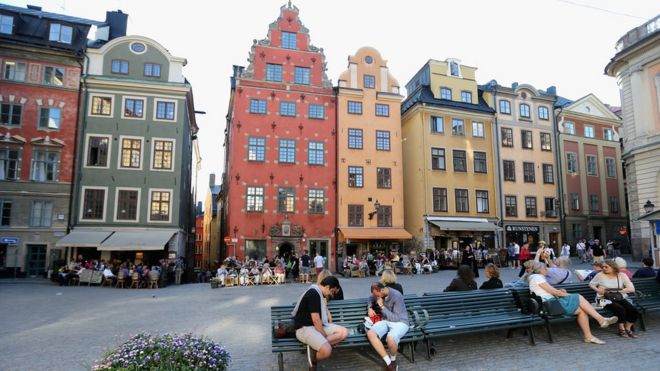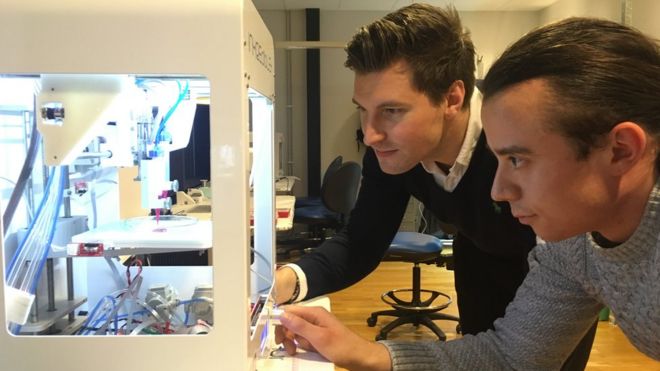- Joined
- Oct 23, 2013
- Messages
- 26,183
- Points
- 113
Microsoft Japan Sees 40 Percent Increase In Productivity After Introducing Three-Day Weekend

JAKE MASSEY in NEWS
Last updated 09:30, Monday 04 November 2019 GMT
There seems to be two prevailing arguments when discussing the idea of a three-day weekend. On the one hand, we've all got work to do, but on the other, it's nice being off.
But what if we could all have more time off and get more work done?
Well, that is exactly what happened at Microsoft Japan during August, when they let all 2,300 employees have Fridays off as 'special paid leave'.

Maybe you would smile at work if you had a three-day weekend to look forward to. Credit: Pexels/Bruce Mars
During the work reform project - called The Work-Life Choice Challenge Summer 2019 - although staff spent 20 percent less time in the office, productivity went up by 39.9 percent.
So, how can this be?
A major reason was that meetings were capped at 30 minutes or cut all together, so basically less time was wasted, according to SoraNews24.
It makes sense really when you think about it; we've all had deadlines that we've ignored until the last minute, at which point we suddenly manage to work efficiently and get the job done. Work smart not hard and all that.
The scheme was also beneficial for the environment. The company used 23.1 percent less electricity, because the office was closed an extra day a week, and staff printed 58.7 percent fewer pages.
The findings suggest the shortening of the week may have helped to develop a culture of efficiency at the workplace.
Perhaps the least surprising finding of the whole project was that 92.1 percent of staff reported that they had enjoyed the three-day weekend trial. While this seems obvious, it is also worth considering that people perform better in the workplace when they are happy and refreshed.

Making meetings more efficient was one of the reasons productivity increased. Credit: Pexels/Christina Morillo
Off the back of the project's success, Microsoft has said it will repeat it again next summer. But while that's all well and good for these employees, when can the rest of us enjoy a slice of the action?
Well, Frances O'Grady, general secretary of the Trade Union Congress (TUC), believes it could happen some time this century - which is hardly that inspiring.
Speaking at a convention earlier this year, she said: "In the 19th century, unions campaigned for an eight-hour day. In the 20th century, we won the right to a two-day weekend and paid holidays.
"So, for the 21st century, let's lift our ambition again. I believe that in this century we can win a four-day working week, with decent pay for everyone. It's time to share the wealth from new technology, not allow those at the top to grab it for themselves."
Featured Image Credit: Pexels/Jopwell
Topics: World News, Interesting, Japan

JAKE MASSEY in NEWS
Last updated 09:30, Monday 04 November 2019 GMT
There seems to be two prevailing arguments when discussing the idea of a three-day weekend. On the one hand, we've all got work to do, but on the other, it's nice being off.
But what if we could all have more time off and get more work done?
Well, that is exactly what happened at Microsoft Japan during August, when they let all 2,300 employees have Fridays off as 'special paid leave'.

Maybe you would smile at work if you had a three-day weekend to look forward to. Credit: Pexels/Bruce Mars
During the work reform project - called The Work-Life Choice Challenge Summer 2019 - although staff spent 20 percent less time in the office, productivity went up by 39.9 percent.
So, how can this be?
A major reason was that meetings were capped at 30 minutes or cut all together, so basically less time was wasted, according to SoraNews24.
It makes sense really when you think about it; we've all had deadlines that we've ignored until the last minute, at which point we suddenly manage to work efficiently and get the job done. Work smart not hard and all that.
The scheme was also beneficial for the environment. The company used 23.1 percent less electricity, because the office was closed an extra day a week, and staff printed 58.7 percent fewer pages.
The findings suggest the shortening of the week may have helped to develop a culture of efficiency at the workplace.
Perhaps the least surprising finding of the whole project was that 92.1 percent of staff reported that they had enjoyed the three-day weekend trial. While this seems obvious, it is also worth considering that people perform better in the workplace when they are happy and refreshed.

Making meetings more efficient was one of the reasons productivity increased. Credit: Pexels/Christina Morillo
Off the back of the project's success, Microsoft has said it will repeat it again next summer. But while that's all well and good for these employees, when can the rest of us enjoy a slice of the action?
Well, Frances O'Grady, general secretary of the Trade Union Congress (TUC), believes it could happen some time this century - which is hardly that inspiring.
Speaking at a convention earlier this year, she said: "In the 19th century, unions campaigned for an eight-hour day. In the 20th century, we won the right to a two-day weekend and paid holidays.
"So, for the 21st century, let's lift our ambition again. I believe that in this century we can win a four-day working week, with decent pay for everyone. It's time to share the wealth from new technology, not allow those at the top to grab it for themselves."
Featured Image Credit: Pexels/Jopwell
Topics: World News, Interesting, Japan








